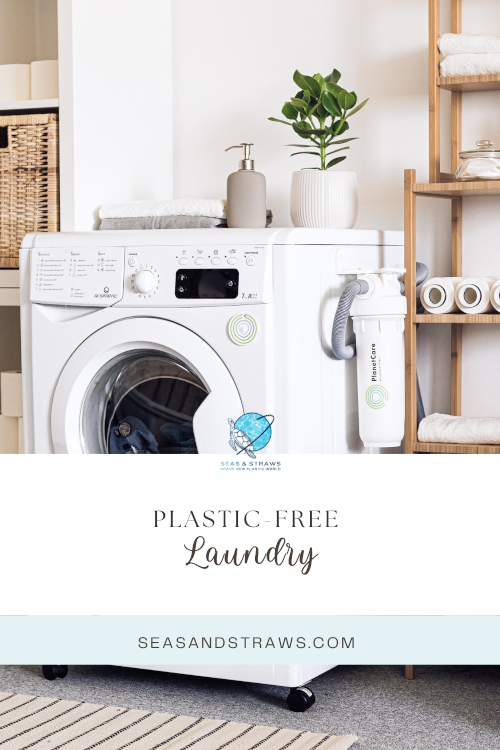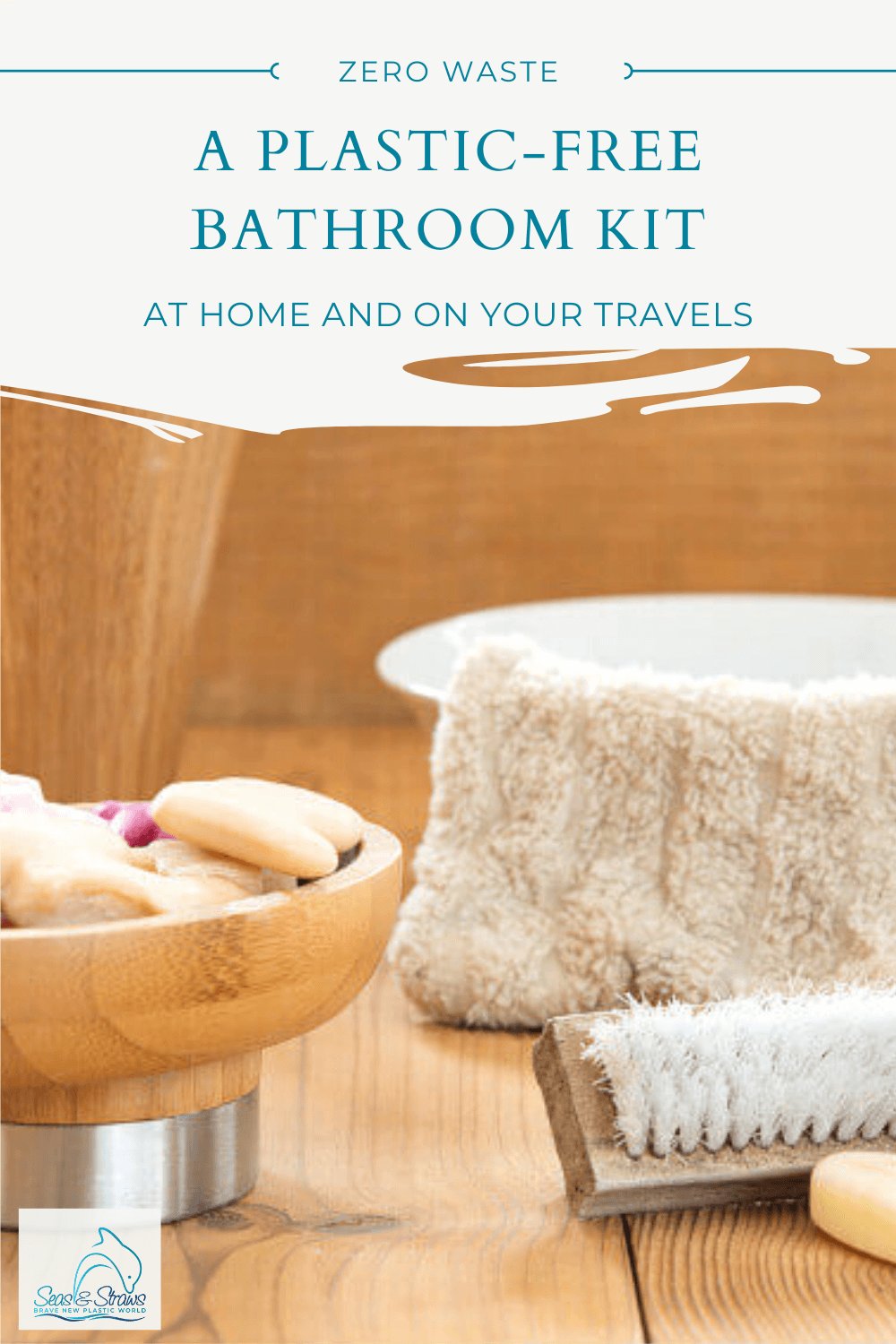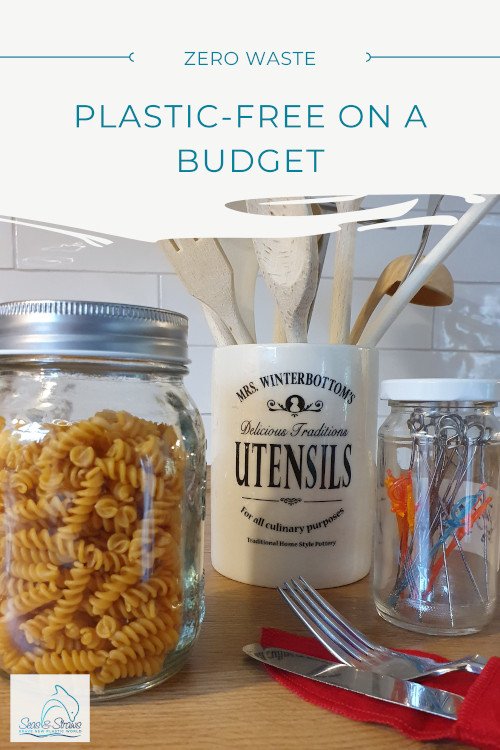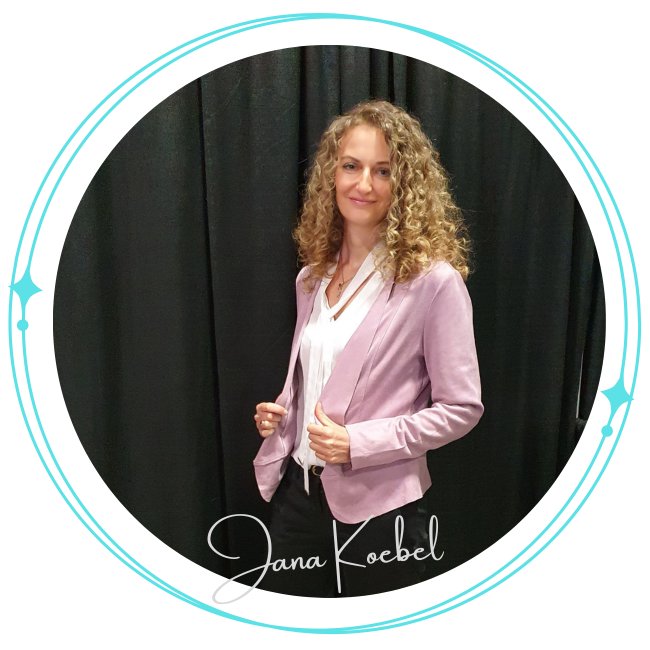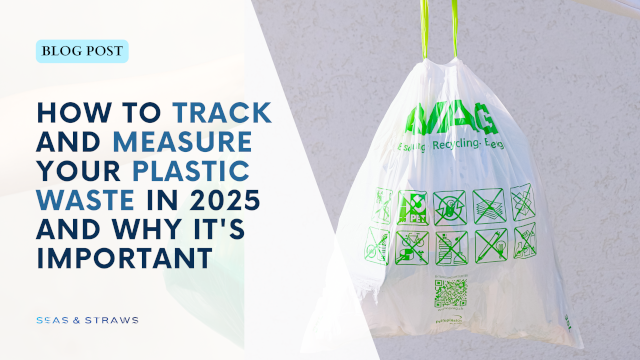- Home
- Plastic-Free Home
- Zero Waste Bathroom
- Simple Tips For A Plastic-Free Laundry Day
6 Simple Tips For A Plastic-Free Laundry Day
In my last post, Jacob Larkin of the Lanes Group described how even something as simple as our laundry contributes to the ever-growing problem of plastic pollution, as thousands of harmful microfibers are released with every wash. Now let's look at how we can change that by taking these simple tips to heart:
1. Choosing the right detergent
Unfortunately, many of our household products contain microplastics, especially detergents and cleaning products with microbeads. The first step to a plastic-free laundry day is to find a detergent that doesn't dump tons of microbeads down the drain with every wash. In 2019, Global2000 found out in a study that 119 of the most popular laundry detergents contained microplastics. On the other hand, the most eco-friendly laundry detergents include: Planet Pure, Ecover, Everdrop, Sodasan, Sonett and Splendid.
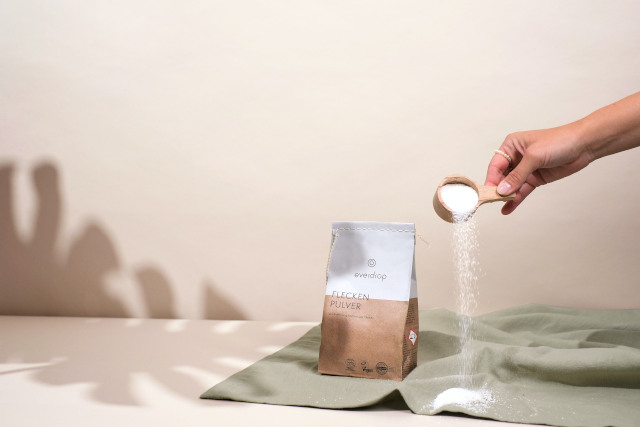 Everdrop is a plastic-free, vegan laundry detergent without microplastics. Photo: ©heverdrop.ch/en/
Everdrop is a plastic-free, vegan laundry detergent without microplastics. Photo: ©heverdrop.ch/en/2. Hand vs. Machine wash
I know what you're thinking: who washes their clothes by hand these days? I don't do it often either, but still want to give you the facts here.
On average, a wash cycle uses between 33 and 72 liters of water, while a hand wash uses only 15 liters. Switching to hand washing not only saves a lot of energy and water, but it's also much gentler on your clothes because fewer fibers are rubbed out and you can rinse more effectively, which helps reduce detergent buildup that can attack fabric.
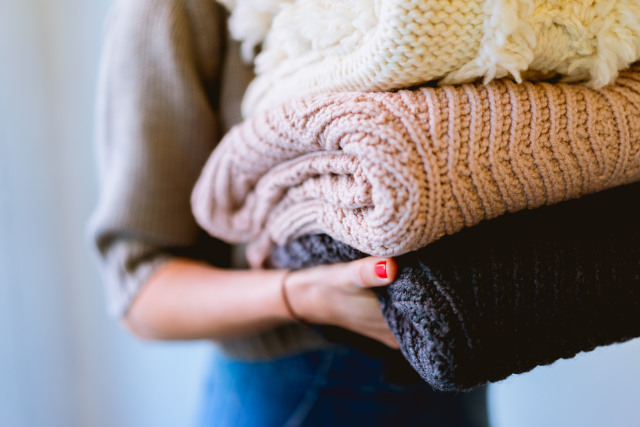 Your clothes will look like new longer if you wash them by hand
Your clothes will look like new longer if you wash them by hand3. Air vs. Machine drying
The main problem with doing laundry is that the constant spinning of clothes (whether in the washer or dryer) breaks down the fabric and releases microfibers - the very microplastics we want to avoid. According to a study by the City University of Hong Kong, a single clothes dryer can release about 120 million microfibers into the air every year. Not only that, but an average laundry drying cycle releases nearly 2 kilograms of CO2.
Air drying is not only a sustainable alternative, it's also cheaper and gentler on your clothes because they won't shrink.
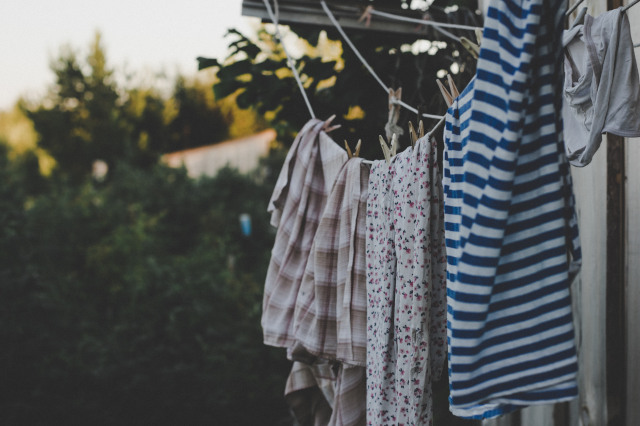 Air Drying is more eco-friendly, cheaper, and gentler on your clothes.
Air Drying is more eco-friendly, cheaper, and gentler on your clothes.4. Use a filter to catch the microfibers
If you can't avoid using a washer or dryer, it's best to make sure the microfibers that are released are disposed of properly instead of going down the drain.
PlanetCare, for example, makes reusable filters that can be attached to washing machines to capture the fibers as they are excreted. Some washing machines now even come with built-in filters, like this one from Arcelik. Cheaper but still effective methods include Cora Ball's laundry ball and Guppyfriend's laundry bag.
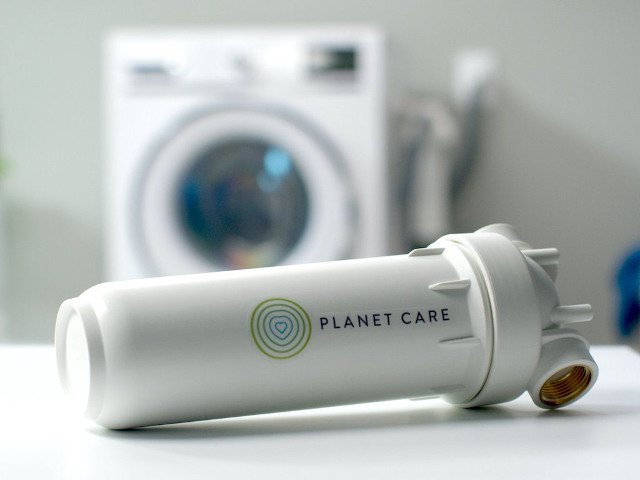 The PlanetCare microfiber filter is easy to install and filters 90% of fibers. Photo: ©planetcare.org
The PlanetCare microfiber filter is easy to install and filters 90% of fibers. Photo: ©planetcare.org5. Avoid the dry cleaners
The harsh chemicals used in dry cleaners, such as perchloroethylene, are extremely harmful to aquatic habitats. They are also harmful to humans. Even the U.S. Environmental Protection Agency has classified perchloroethylene as a "probable carcinogen."
Instead, to avoid wrinkles, carefully hand wash your clothes and line dry them. Or you could simply buy fewer items of clothing that require dry cleaning.
6. Washing Frequency
We know that washing your clothes reduces their durability - so why not wash them less? It's good for your clothes and for the environment. Of course, this doesn't mean that you should leave your clothes dirty, but that you should wait a little longer between washes. There are many guides that indicate how often you should wash your clothes (add an extra wear or two).
Still got questions? Or do you have more simple tips for a plastic-free laundry day? Get in touch with me on social media or by email!
